Inside a Week in the Life of a Seed Fund Manager
I’m very fortunate to have worked all sides, including as CEO of a Seed Fund and running various start-ups, and I often compare founders and funders to that adage ‘Men Are from Mars; Women Are from Venus’ adage as it’s fairly accurate. The first thing I do with new investors and clients is to explain a bit about how each work to help break these barriers down so lets start with a Seed Fund.
There’s a certain mystique around venture capital — especially at the seed stage. The public image is all optimism, founder coffees, and tweeting about “conviction.” And while that’s partly true, the job is far more operational (and emotionally nuanced) than it looks.
Beyond just the day-to-day, many people don’t quite understand how a seed fund itself works. How does it start? Who puts in the money? How do fund managers actually get paid?
Here’s a look behind the curtain — not just into the typical week, but also into how this machine runs.
First, What Is a Seed Fund?
At its core, a seed fund pools capital from outside investors — known as LPs (Limited Partners) — and uses that money to invest in very early-stage startups. These are the “pre-everything” businesses: no revenue, maybe no product yet, just an idea and a founding team.
A typical seed fund needs a minimum of £10 million to be profitable and can run up to £100 million in size, designed to back 20 to 50 companies over a 3–4 year period. The idea is to take small, calculated risks now and hold on to the best ones as they scale — sometimes following up in later rounds, sometimes not.
How a Fund Gets Off the Ground
Starting a fund is part venture, part hustle. A prospective fund manager (or team) first develops a thesis: the type of companies they want to back, why now, what edge they have. Then they pitch that vision to prospective LPs.
LPs can be wealthy individuals, family offices, pension funds, institutions — even corporates. They want returns, of course, but also tend to back managers with a strong story, good founder access, or proven track records (even if informal).
Closing a fund often takes months — or longer — and usually happens in “closes.” That means the manager raises an initial chunk, starts investing, and then brings in more capital over time. It’s a grind. Very few first-time fund managers have it easy.
How Fund Managers Make Money
There are two main revenue streams:
1. Management Fees — typically 2% of the fund size, paid annually over a set period (usually 10 years). This covers salaries, rent, tech, legal, travel — all the ops.
2. Carry (Carried Interest) — this is the upside. If the fund returns more than the original investment (after a “hurdle rate”), the fund manager typically keeps 20% of the profits. This is where real wealth is made — but only if a few startups in the portfolio break out.
Seed investing is long-tail. Funds may not return anything for years. The carry only kicks in after investors have been paid back. So while management fees provide stability, carry is where the ambition lives.
A Typical Week in the Job
Monday: Pipeline & Portfolio Priorities
The team kicks off the week by scanning the deal pipeline — dozens of decks and founder intros. Which ones passed the sniff test? Which ones are getting attention from other VCs? It’s worth bearing in mind that each deck at this stage is going to get just over 3 mins of attention…
Then there’s time with existing portfolio companies. Some are flying; others are struggling. These check-ins can range from celebratory to crisis-management, often in the same morning. You’re a coach, therapist, and strategic partner, all in one.
Tuesday: Founder Chemistry & Diligence
Tuesdays are usually founder-heavy. Coffee shop meetings, Zooms, office visits — it’s all about reading between the lines. You’re asking: Is this a founding team I’d want to bet a decade on?
Meanwhile, if something’s already in diligence, you’re chasing customer calls, diving into metrics (if they exist), and checking references. It’s detective work, intuition, and risk calculus rolled into one.
Wednesday: LPs, Fund Ops & Strategy
Midweek often shifts to the business side of the fund. That means investor relations — updates to LPs, narrative building, maybe prepping a quarterly report. Some weeks it’s also budgeting, reviewing fund performance, or preparing for a future raise (either a new fund or SPV).
This is the less glamorous stuff, but absolutely mission-critical. LPs don’t want to just write a cheque and vanish — they want transparency and progress.
Thursday: Events, Ecosystem, and Intel
Thursdays are more outward-facing. Conferences, demo days, panels, networking dinners — this is where reputations are made, intelligence is gathered, and emerging trends get spotted.
More importantly, these events are where you see the ecosystem breathe. You find out which founder is pivoting, who’s quietly raising, who just lost their CTO, or who’s on the verge of something big.
Friday: Strategic Deep Work (In Theory)
Ideally, Fridays are for thinking — memo writing, exploring thesis areas, or reflecting on what’s working (and what’s not). But let’s be honest: fires still come up. A founder needs a quick bridge loan. A term sheet needs reviewing. A competitor just announced a raise, and your portfolio company’s board call just got a lot more complicated.
Still, carving out time to zoom out is critical. VC is a long game. Strategy drift is real. Staying clear-headed matters.
Why People Do It
For all its intensity, this role is a magnet for a certain type of person. People who love ideas, risk, relationships, and the chaos of the earliest stages of company-building. They want to bet on people — not spreadsheets. They thrive on pattern recognition and instinct, but also embrace structure and rigour.
Final Word
Seed investing isn’t a shortcut to fast returns. It’s a long-term commitment to helping founders build the future, one shaky pitch deck at a time. Every week is different. Every company is a gamble. And every decision echoes years into the future.
For fund managers, the job is a balancing act — between intuition and discipline, between service and selection, between being the first believer and knowing when to walk away.





